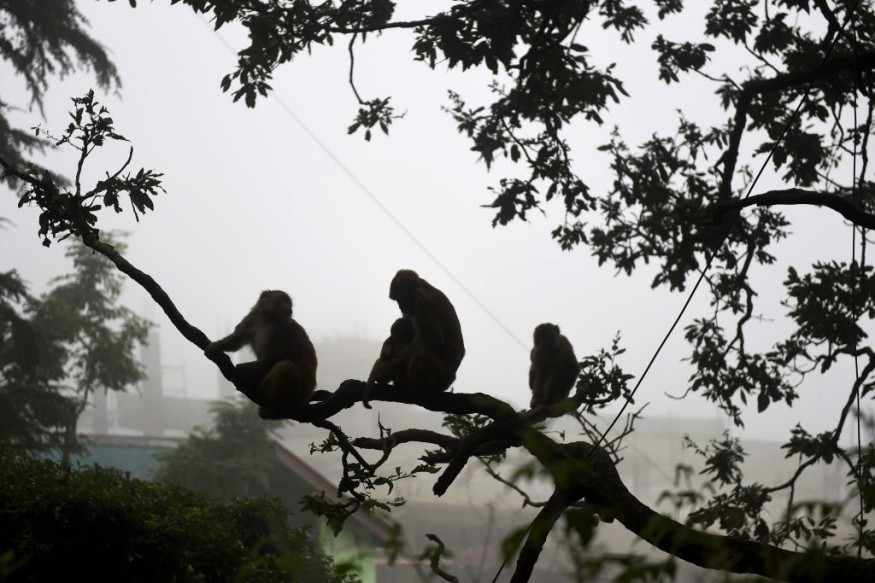
Experts noticed that devil monkeys have been attacking people in various countries such as Thailand, Japan, and India.
They said that these attacks and bites could be attributed to over habituation.
There have been reports of "monkey attacks,'' and "devil monkeys," including the long-tailed macaque and the pig-tailed macaque in Thailand, Japanese macaques in Japan, and Hanuman langurs in India.
Gaining Animals' Trust
According to researchers, a major factor of these monkey bites and attacks is "over-habituation,'' which is the process used by animal researchers to gain animals' trust so they can follow and record their behavior.
This is being done with limited impact of the researchers' presence.
Experts explained that when animals lose their fear of humans and become a nuisance, they have already become over-habituated. They noted that in nearly all cases of over-habituation, the main factor is human food as what people eat is irresistible to wildlife.
They said that this is nutrient-dense, easy to digest and is available in rubbish bins, unattended backpacks, or even directly from people.
Experts further said that habituation, or the waning of an animal's behavioral response to a stimulus, is a result of a lack of reinforcement during continual exposure to the stimulus.
It is usually considered to be a form of learning involving the elimination of behaviors that are not needed by the animal. Habituation may be separated from most other forms of decreased response (not including changes caused by maturation or seasonal cycles) on the basis of permanence.
Studies have said that the habituated animal does not resume its earlier reaction to the stimulus after a period of nonstimulation, or, if the normal reaction is resumed, it wanes, on reexposure to the stimulus, more quickly than before.
When it comes to the latter case, repeated interruptions and resumptions of the stimulus are followed by increasingly rapid decreases in response, and eventually the stimulus elicits no response.
Vital responses, such as flight from a predator, cannot be truly habituated, although a temporary waning of the response may occur.
Read Also : Monkey Attack: 10-Year-Old Child Mauled to Death by Gang of Vicious Monkeys in Indian Village
Trade For Food
Meanwhile, though over-habituation linked to associating food with tourists is clearly the primary driver of the attacks, this does not mean that every person who is attacked by a monkey has fed or even teased the primate.
Monkeys are often referred to as intelligent creatures. Several groups have become so accustomed to the food of humans that they have learned to harass tourists in order to obtain the food.
There are some monkeys that have become remarkably adept, to the point that they may even trade for food. This means that they may steal one's handphone and drop the device when they receive food.
Another crucial concern that contributes to monkey attacks in tourist areas is the unawareness of the body language, vocalization, and facial expression of the animals.
Even monkeys that are highly habituated will typically give warnings prior to their attacks.
However, people who are not familiar with the behavior of these monkeys may misinterpret the facial expressions of the primates.
This could result in encounters that are dangerous.
© 2025 NatureWorldNews.com All rights reserved. Do not reproduce without permission.





